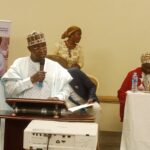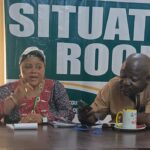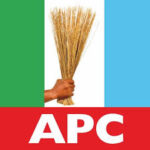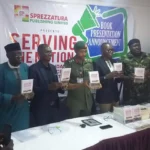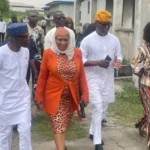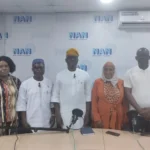New monetary policy may reduce inflation in the long term- economist
By Okeoghene Akubuike An economist, Dr Ayo Anthony says the new monetary policy by the Federal Government may help reduce Nigeria’s inflation rate in the long term. Anthony said this in an interview with the News Agency of Nigeria (NAN) on Sunday in Abuja. He spoke against the backdrop ofContinue Reading

